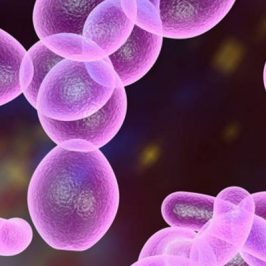How to improve our skin health.
Our skin is the largest organ of the body and protects us from the outside world. In order to do this it is in constant communication with our nervous, intestinal and immune systems.
It keeps out pathogenic organisms like bacteria and also has to be waterproof in order to keep our blood, lymphatic fluid and organs sealed off from external irritants. Its collagen and elasticity properties keep us looking good aesthetically and it is also a detoxification organ.
To keep skin at its best hydration is critical. The vast cleansing functions require good circulation of blood and lymphatic fluid which cannot occur adequately if we are dehydrated. SO ensure you are having a good 6 glasses of water daily. Interestingly minerals such as magnesium and good quality sodium (from sea salt) help to keep fluid in the right place in our bodies such as in the cells and not in the tissues where it can cause visible fluid retention.
Inflammation greatly affects the skin where it can present as eczema, psoriasis, hives or just generalised redness and rashes. Inflammation is the common denominator in all skin conditions and is controlled by the immune system. Controlled inflammation is very helpful and protects us, inflammation that is poorly controlled or goes on for too long can not only cause distressing symptoms such as irritation and itching and be visually frustrating but can also be quite damaging to our health and represent deeper levels of inflammation elsewhere in the body especially the gut.
As most of our lymphatic immune system resides in the gut if this becomes inflamed due to a high load of bad organisms such as pathogenic bacteria or parasites or poorly digested food or food allergies this can send an inflammatory signal to the skin resulting in the symptoms of redness and itching. This inflammation can be reduced by taking a high potency probiotic and enhancing our digestion with enzymes and better food choices. Many of my patients have experienced an improvement in the skin with taking fermented turmeric, this provides both probiotics and the anti-inflammatory effects of turmeric itself.
Skin cells, like other cells in our body are made up of both water and fat soluble components and hence essential oils that are also anti-inflammatory such as omega 3 oils in fish and flaxseed oil are crucial for good skin condition. Good and bad oils in our diet compete, as their ratios are important. Hence reducing the intake of inflammatory saturated fats in our diet such as fried foods and too much animal protein is as important as taking omega 3 oil supplements.
Stress signals via the nervous system to the immune system in the gut and tells the body to get prepared for the fight or flight response. This can trigger inflammation and is responsible for the gut symptoms of irritable bowel syndrome. In a similar way it can signal inflammatory changes to the skin and is a crucial aspect to address in healing the skin holistically.
Our skin is a reflection of our deeper state of health. Changes to your lifestyle and biochemistry take time to be seen on your skin. Be patient and stick with new good habits for 12 weeks before assessing whether there are adequate. The more of these issues aimed at reducing inflammation you can address such as adding good quality probiotics, anti-inflammatory herbs and essential oils and making improved food choices the more quickly you are likely to see an overall improvement. Skin health is very motivating, so on using this desire to fuel changes in your lifestyle you are improving the working of every cell in your body.










